Led by Recipients
Built for Resistance
From food assistance to healthcare, BRAVO empowers families to navigate new rules, keep their benefits, and hold the system accountable.
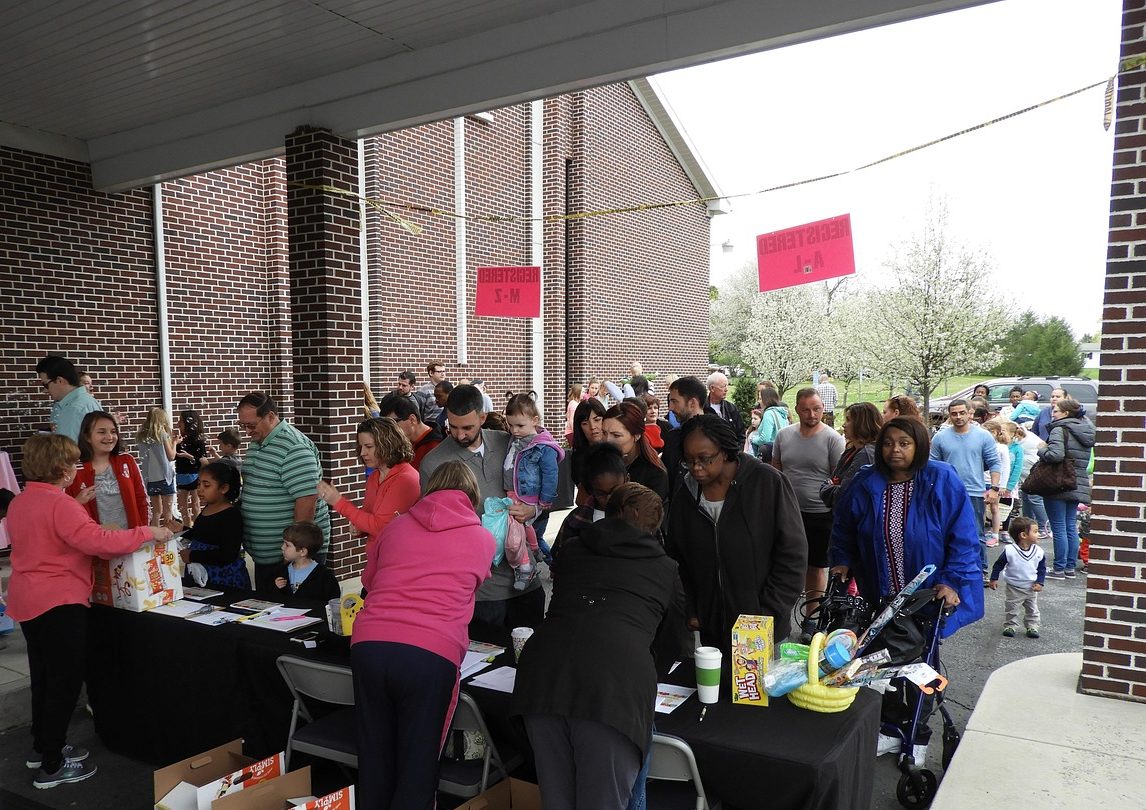
Building relationships at the local level
Connecting families to the support they need
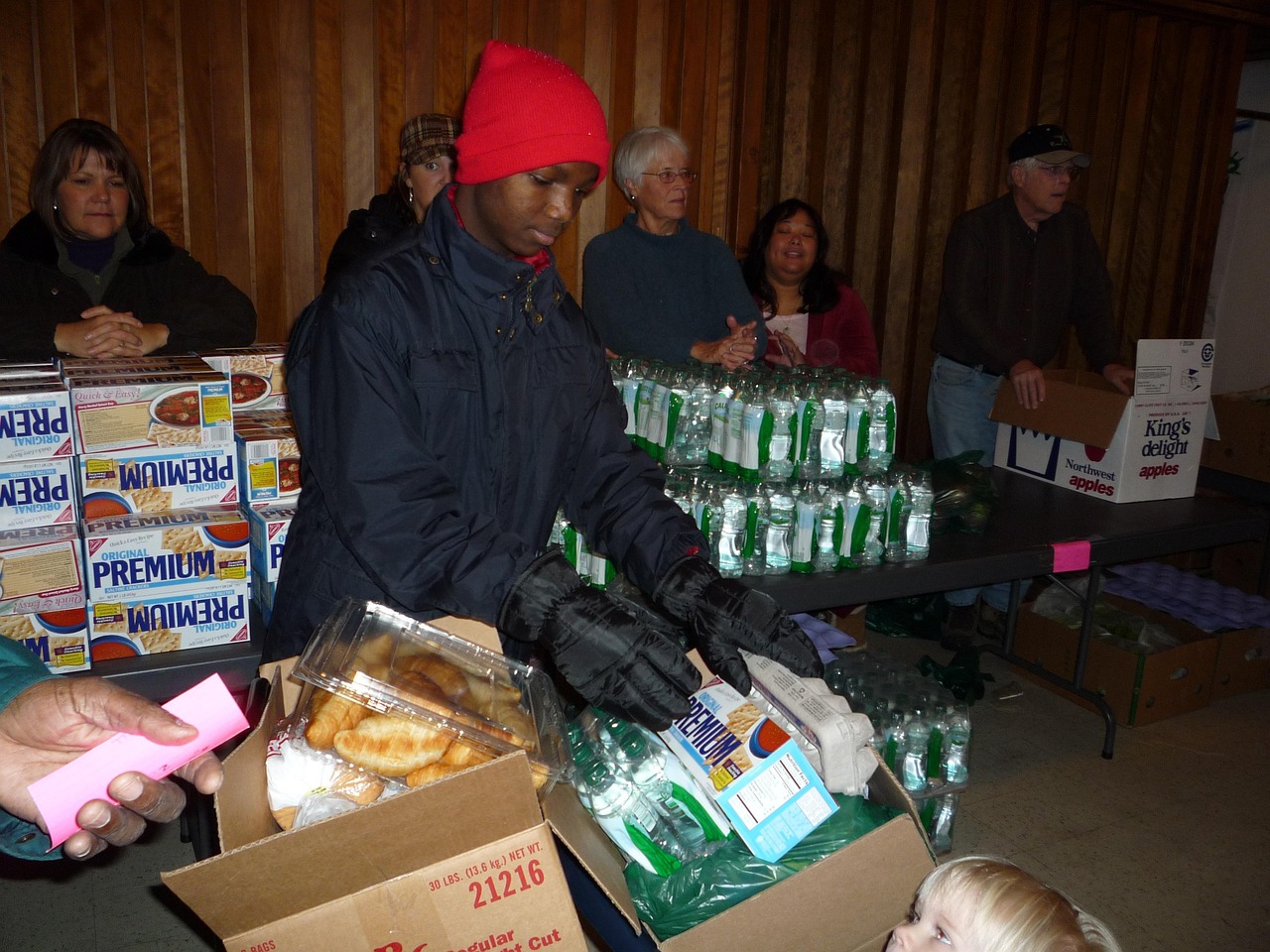
Neighbors helping neighbors
Empowering communities through service and solidarity
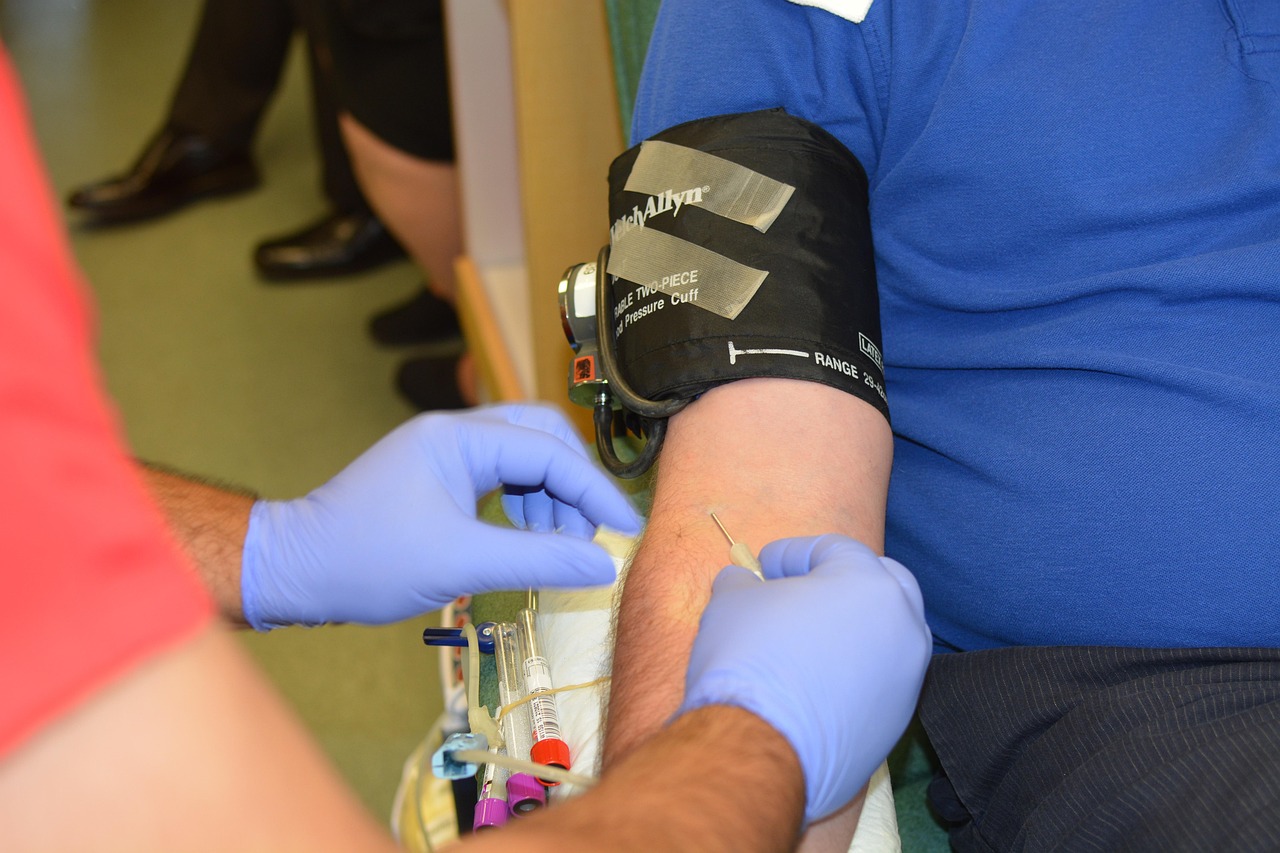
Everyone deserves access to care
BRAVO connects people to essential health resources
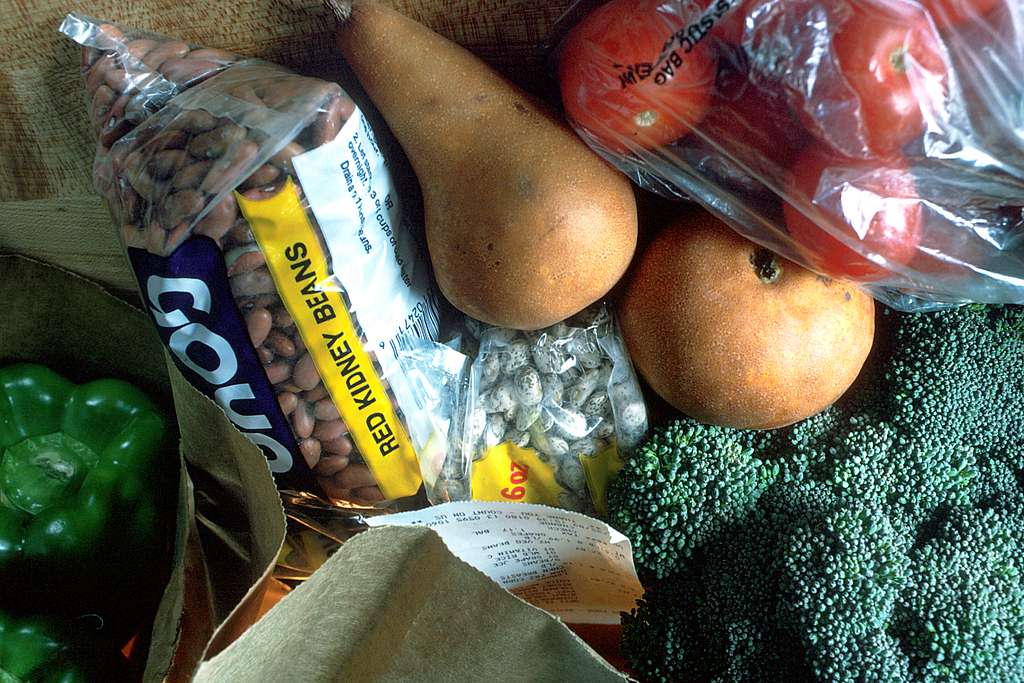
Fighting hunger and ensuring families
can put healthy food on the table
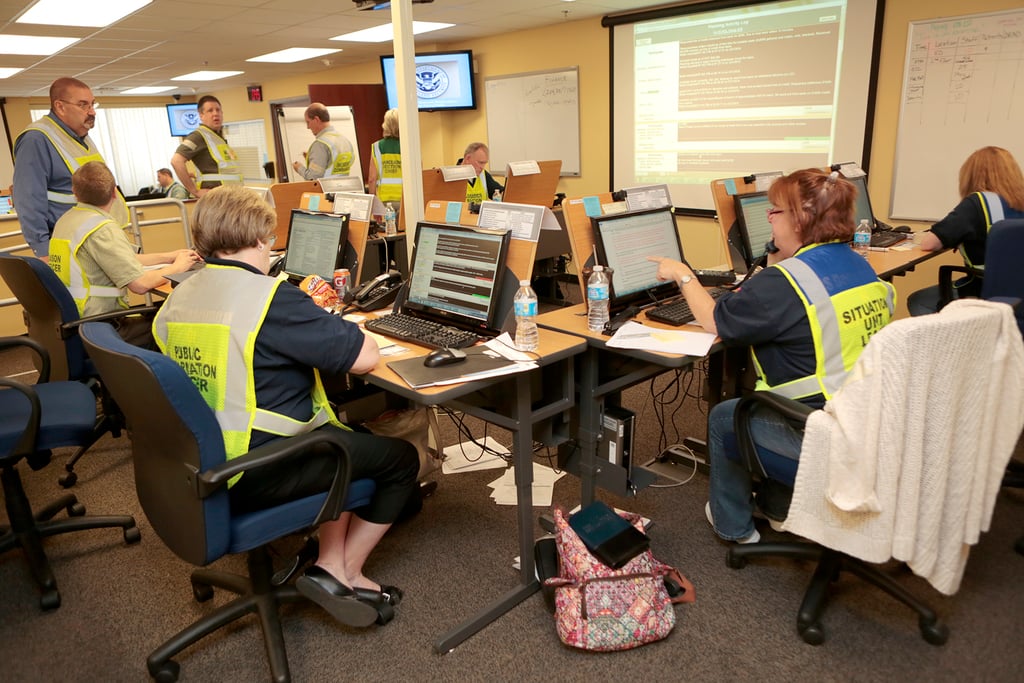
Supporting workers
Strengthening systems that serve the public good
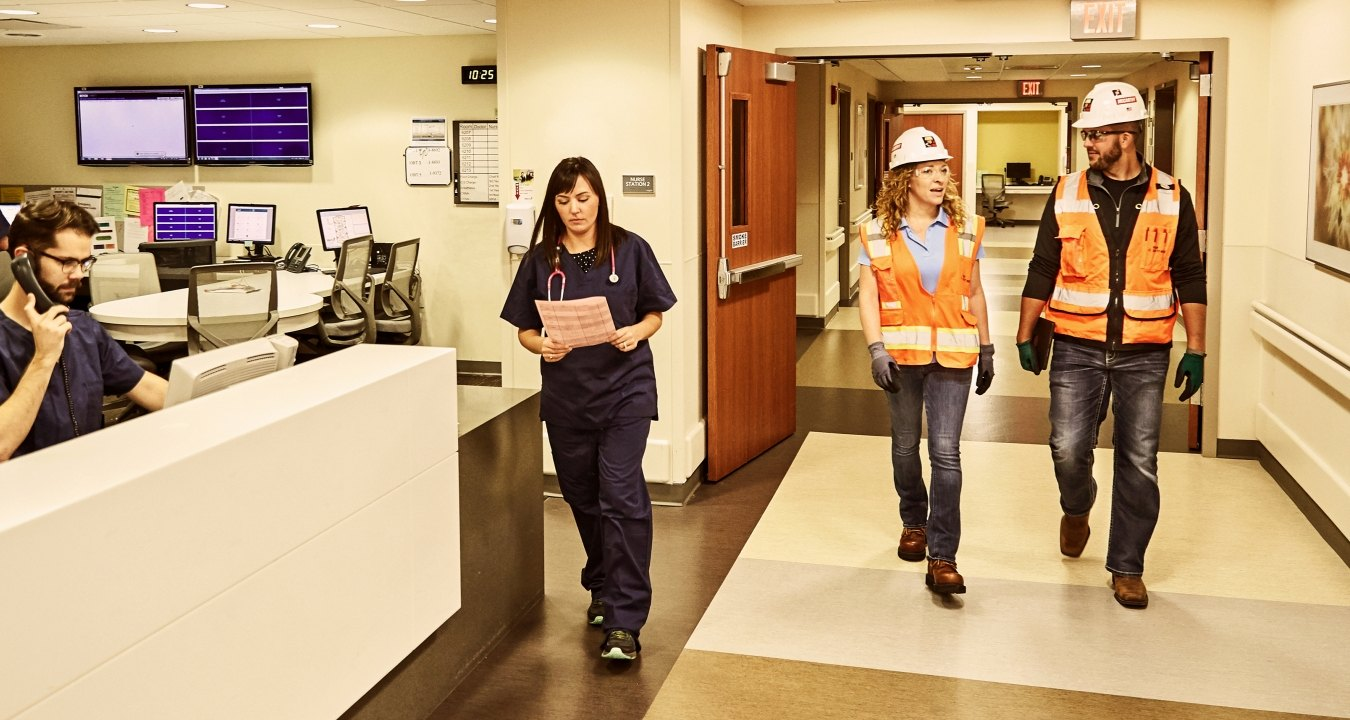
BRAVO stands for dignity, work, and wellbeing for all.
Bravo Info Bot
Your Benefits Companion
The Bravo Info Bot helps you navigate the new rules regarding the SNAP benefit programs with clear, easy-to-understand guidance. Ask questions, get quick answers to upcoming changes to stay informed and connected
Medicaid and SNAP Work
Requirements: What’s Changing — and What’s at Stake
Across the country, new rules are reshaping who gets access to essential programs like Medicaid and SNAP. These changes claim to promote “personal responsibility,” but in practice, they’re designed to make it harder for low-income families to qualify and stay enrolled.
Medicaid’s New Barriers
Under new federal guidance, Medicaid recipients will soon be required to complete 80 hours each month of work, education, or approved community service. They’ll also have to re-certify their eligibility every six months, instead of once a year.
The result is more paperwork, stricter deadlines, and new technical hurdles that will cause many eligible families to lose coverage—not because they don’t qualify, but because they can’t keep up with the bureaucracy.

“They call it ‘accountability.’ We call it a policy built on a false premise — that people don’t want to work.”

SNAP’s Long Shadow
The food assistance program (SNAP) has imposed work requirements since the 1990s. Current rules allow only a three-month grace period before recipients must verify up to 30 hours of work or volunteer service per week.
Federal law leaves it to the states, and most have no uniform system. Research in states like Ohio, Pennsylvania, Arkansas, and Louisiana shows that decisions are often left to individual caseworkers, who apply their own discretion to approve or deny volunteer placements.
How the System Really Works
These work requirement systems shift the burden squarely onto recipients. Families must now document every hour of work or service, find qualifying placements, and re-certify more often—all while navigating limited online access and inconsistent local rules.
Meanwhile, state agencies are being handed unfunded mandates, with outdated technology and too few staff. The predictable result: more delays, more errors, and fewer people getting the help they need
Building a Response
This is where BRAVO’s network comes in. Organizers, advocates, and community partners are preparing a recipient-led response—one that empowers families to maintain their benefits and resist unnecessary cutbacks.
The plan includes:
- Running pilot projects in key states to test the model, track data, and prepare for the full rollout in 2027.
- Mass recruitment of volunteers through churches, schools, clinics, and community centers.
- Partnering with nonprofits and agencies willing to verify hours and help recipients navigate new requirements.

Pilot Projects in Five States
Launching in Arkansas, Louisiana, Maryland, Ohio, and Pennsylvania to test systems and build strong local coalitions.

Start Small, Build Strong
Engaging around 100 core volunteers and 1,000 participants through trusted partner nonprofits.

Tools for Every Level
Developing accessible training materials — both in-person and online — plus a ChatGPT-powered bot for state-specific guidance.

Empower Through Training
Volunteers will be trained to help with outreach, applications, recertifications, and navigation support.

Share and Scale the Model
Hosting webinars and providing toolkits to help community agencies and nonprofits replicate success.

Smart Data for Real Impact
Using voter and demographic data to identify and contact eligible recipients efficiently and effectively.

Community-Based Partnerships
Collaborating with health centers, hospitals, and grocery stores to expand outreach and assistance.
Turning Experience into Action
This approach builds on decades of experience organizing around jobs, housing, and welfare rights. By starting now, testing systems, developing partnerships, and building public awareness, we can ensure families are ready before the new rules take full effect.
The work requirements are designed to exclude.
Our work is to keep doors open for everyone.
